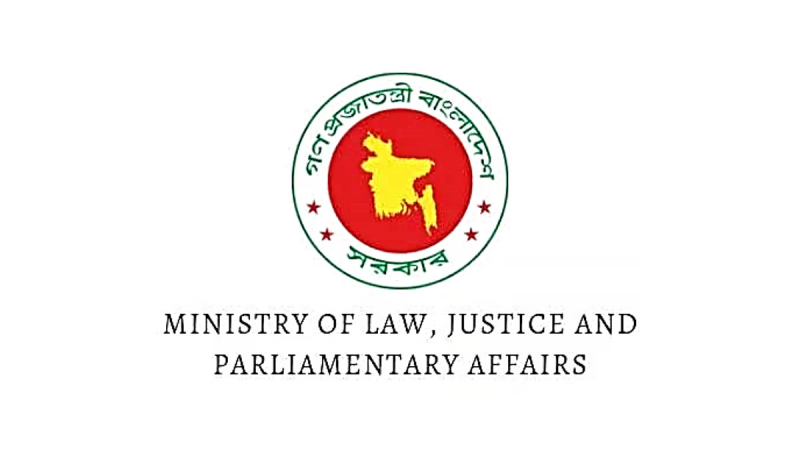- India Sees 9% Drop in Foreign Tourists as Bangladesh Visits Plunge |
- Dhaka Urges Restraint in Pakistan-Afghan War |
- Guterres Urges Action on Safe Migration Pact |
- OpenAI Raises $110B in Amazon-Led Funding |
- Puppet show enchants Children as Boi Mela comes alive on day 2 |
Bangladesh Rejects Indian Report Linking Adviser to Militants

The government has categorically rejected as "false, defamatory, and irresponsible" an Indian media report that alleged Law Adviser Asif Nazrul met with a Lashkar-e-Taiba (LeT) operative following a deadly attack in Jammu and Kashmir.
In a statement issued on Thursday, the Ministry of Law, Justice, and Parliamentary Affairs described the report, titled "B'desh legal advisor meets top LeT Operative post J&K attack," as entirely baseless and fictional.
The ministry clarified that the individuals mentioned were leaders of Hefazat-e-Islam, a lawful umbrella organisation of Islamic scholars in Bangladesh, and had no affiliation with any terrorist group.
"Thousands of Hefazat-e-Islam members were victims of politically motivated and fabricated charges during the previous authoritarian regime," the statement said. It added that, as part of the current government's commitment to justice, Asif Nazrul had officially met a Hefazat delegation seeking redress for past abuses.
The meeting, according to the ministry, took place at least three days before the date cited in the Indian report. During the meeting, the delegation submitted a list of pending cases and requested a customary photograph with the adviser.
The statement also highlighted that Hefazat leaders are actively participating in the political dialogue initiated by the consensus commission and regularly meet with representatives from western embassies in Bangladesh, reflecting their broad international engagement and political legitimacy.
International Context
The ministry further noted that independent human rights organisations, including Human Rights Watch and Amnesty International, had documented and criticised the previous regime’s crackdown on opposition activists, including members of Hefazat-e-Islam. These reports underline the political nature of the charges and reinforce ongoing efforts to ensure justice.
Clarification on Social Media Activity
Addressing allegations regarding a Facebook post, the ministry clarified that Asif Nazrul had reshared a post originally written by an Indian citizen criticising security failures. His shared post included a caption condemning the attack.
"The claim that the law adviser posted an inflammatory message implicating Indian leaders is false. Recognising the potential for misinterpretation, he voluntarily deleted the post within hours," the statement said.
The adviser unequivocally condemned the Pahalgam massacre, expressed prayers for the victims and their families, and called for swift justice.
"This reckless and unfounded reporting represents a serious deviation from journalistic standards. We urge all media outlets to uphold principles of responsible reporting and fact verification," the statement concluded.

